Devadanam Talapati
08-04-09
Logical Framework Analysis
Introduction
“The log frame model was developed in the United States and it has been adopted by many other countries” (This sentence is taken from PPT). Logical framework analysis (LFA) is a table that gives the information about the main components of a project in a systematic way. LFA is a effective tool to take the project and to raise funds from the funding organizations. If the LFA is clear and effective, than the people like to give the projects and funds.
Logical framework will a brief summary of the particular project, it has only one or two page report but logically it contains all the information goals, purpose, objectives, outcomes etc. While preparing the report one should be very careful because every point will be interlinked to one another and manager’s mind should think logically to prepare this report.
Module Description
To prepare a logical framework designer has to thing logically about purpose, outcome, and activities of the project. Managers, supporters and planners analyze the exact situation during the implementation of the project. Though LFA is brief and concise summary, but it gives a clear picture of the project. One can easily study the project by seeing LFA and maximum donors prefer to see the LFA chart in order to give funds.
Fellows have been divided into three groups to prepare a spider diagram. All teams have chosen Deshpande Fellowship Program as a topic and using strategy like technical skills, monitoring and evaluation, technology, module instructors, infrastructure and modules. Using this topic and strategies all the teams prepared spider diagram and presented it.
After the presentation of spider diagram by the fellows Prakash explained how to prepare a problem tree, objective tree and log frame analysis. He divided the fellows into three groups and told us to prepare all the trees. Each team found different problems and based upon those problems fellows prepared problem tree, objective tree, problem tree to objective tree and objective tree to problem tree. Problems in the problem tree becomes solutions in the objective tree, and solutions in the objective tree becomes Problem in the problem tree. (Police performance in the city to stop corruption is very bad. This is the problem in problem tree. And in objective tree the problem becomes, To improve the police performance level in the city to stop corruption).
There are three stages to prepare a logical framework analysis.
1) Stage 1 Vertical Logic - Starting at the top and using the information from the objective tree consider the overall goal of the project.
2) Stage 2 Indicators - The achievement will be measured including appropriate targets. Appropriate target means, by the end of 2009 poverty in our country should reduce to 30% of the population (quantity, quality and time)
3) Stage 3 Assumptions - Assumptions concerning to, the purpose to goal or activity to output to be measured. (What is my purpose to achieve the goal, and what output I am getting through activity)
Final day all the fellows prepared created logical frame work analysis. Each group of three people presented this logical frames work analysis. In between every presentation Prakash clarified our doubts and helped us to prepare an accurate logical frame work chart.
Key Points of the Module
One should start with problem tree because it will give a clear picture to prepare a logical framework chart accurately. In a LFA of any project goals, outputs, activities are interlinked with each other. Project output depends upon the activities and goals of the project depends on outputs. Starting LFA report with problem tree gives a clear picture to prepare effective LFA.
What I Learnt
By considering different strategies I learnt how to prepare spider diagram, logical framework chart can only be effective if I start with problem tree. How much important the LFA is for the donors and for the organization to implement the project , And to set a goal, purpose, outputs, objectives and indicators in a LFA to my project. If a manager wants to get funds or projects for their organization than that manager has to be very careful and should think logically to prepare a LFA chart, as it is a reflection of the project.
www.devadanamblogspot.com www.deshpandefoundation.org
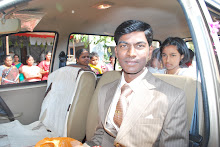
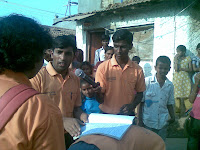
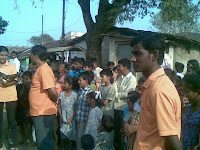
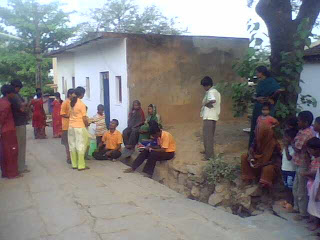 e, Aushutosh and Tippanna teaching was excellent.
e, Aushutosh and Tippanna teaching was excellent.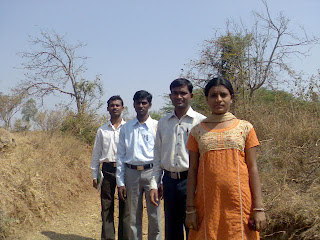

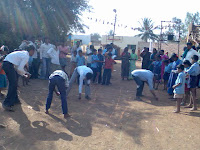
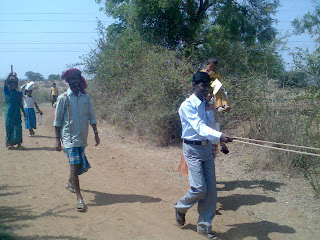
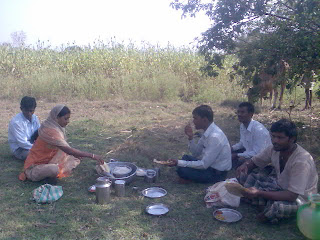
.jpg)

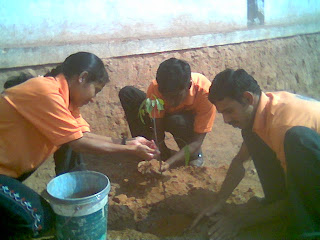
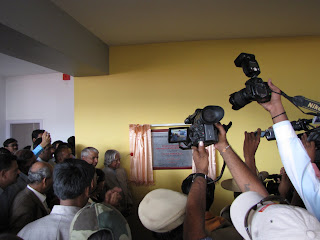
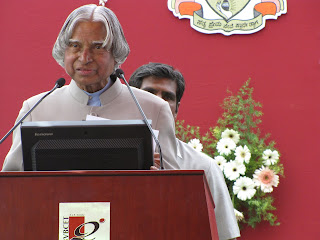
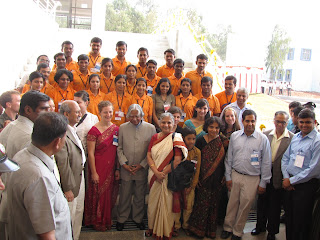
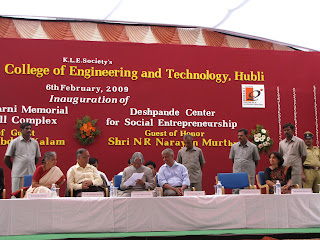
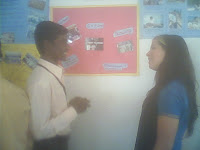

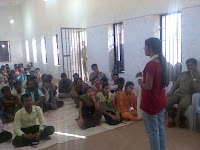


 [/caption]
[/caption]